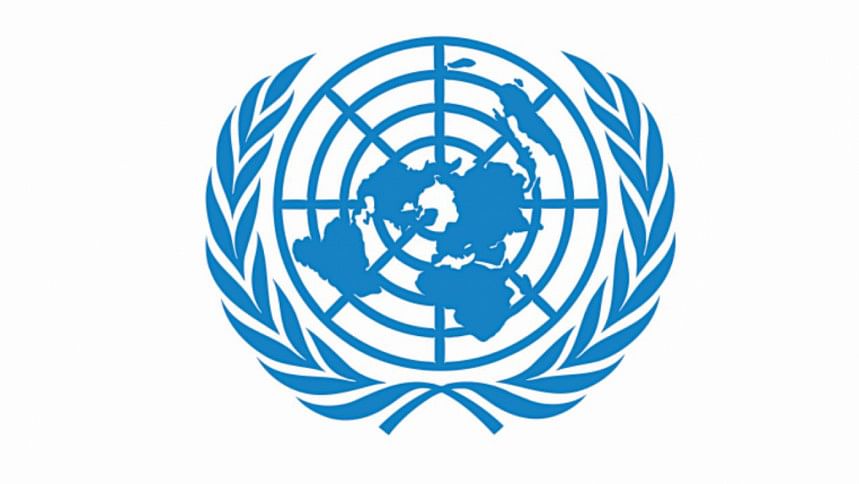UN member states demand 'equitable' access to future COVID-19 vaccines

The 193 members of the UN General Assembly on Monday adopted by consensus a resolution that calls for "equitable, efficient and timely" access to any future vaccines developed to fight coronavirus.
The resolution also highlights the "crucial leading role" played by the World Health Organization, which has faced criticism from Washington and others about its handling of the pandemic.
The resolution, which was drafted by Mexico and received US support, calls for strengthening the "scientific international cooperation necessary to combat COVID-19 and to bolster coordination," including with the private sector.
The call for cooperation comes as research laboratories and pharmaceutical manufacturers launch expensive efforts to develop vaccines and other therapeutics that could be critical in fighting the pandemic, which has already killed more than 167,000 people and sent world economies into tailspin.
The resolution asks Secretary-General Antonio Guterres to "to identify and recommend options, including approaches to rapidly scaling manufacturing and strengthening supply chains that promote and ensure fair, transparent, equitable, efficient and timely access to and distribution of preventive tools, laboratory testing, reagents and supporting materials, essential medical supplies, new diagnostics, drugs and future COVID-19 vaccines."
It also asks that such measures to develop and share treatments and vaccines are taken "with a view to making them available to all those in need, in particular in developing countries."
The resolution is the second adopted by the assembly about the new coronavirus pandemic.
The first one, adopted earlier this month, also called for international cooperation in fighting the spread of the disease.
The smaller UN Security Council has still not been able to agree on either of two draft resolutions -- one proposed by Tunisia and the other by France -- that would support the call made by Guterres last month for a global ceasefire as the world fights the pandemic.
French and Tunisian representatives have since begun to merge the two drafts, according to diplomatic sources.
Unlike in the Security Council, resolutions adopted by the General Assembly are not binding but can have important political influence.
The resolution adopted Monday comes as countries have taken sometimes disparate actions in the fight against the virus.

 For all latest news, follow The Daily Star's Google News channel.
For all latest news, follow The Daily Star's Google News channel. 








Comments